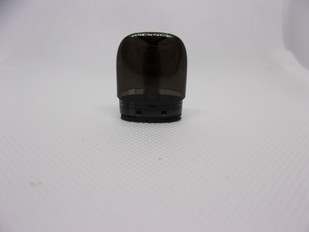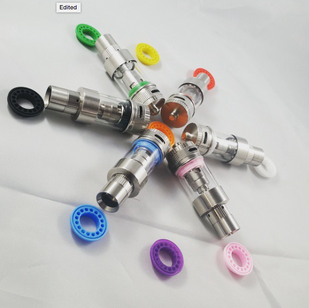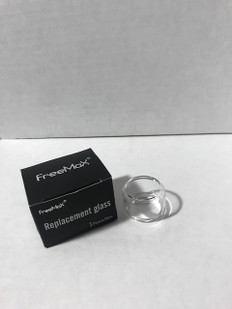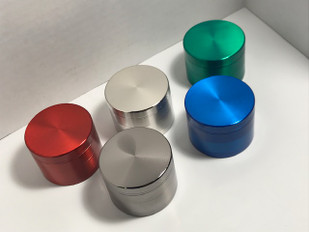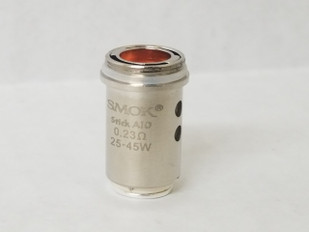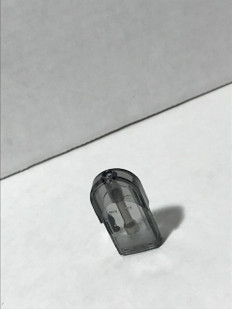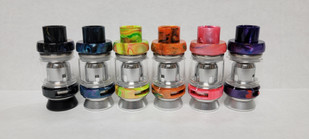- Home
- The Vape Mall Blog
- What Could CBD Do for Those Suffering with IBS?
What Could CBD Do for Those Suffering with IBS?
Posted by on
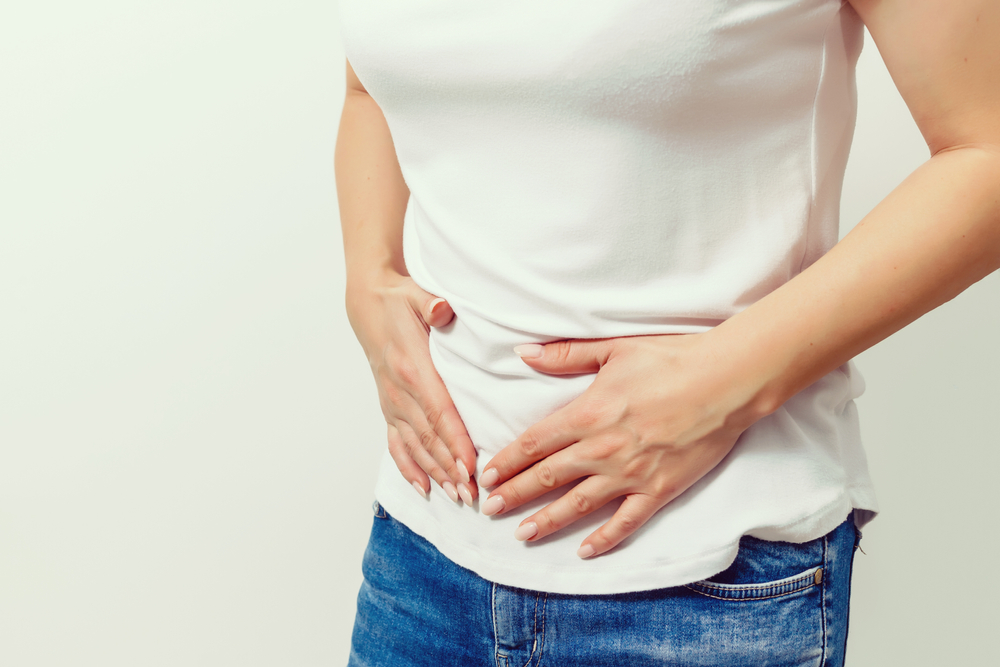
As you have probably learned by now, lots of people are taking CBD daily for a variety of different reasons. One thing that we’re hearing is people who suffer from IBS finding ways to incorporate hemp into their daily routine. IBS is a intestinal disorder in which inflammation causes a variety of potentially severe symptoms. Treatments are available via conventional means, but we can see why many sufferers like throwing some CBD into the mix as well.
Today, we’ll be talking about the possible relationship between CBD and IBS, but before we do that, we need to explain what IBS is and the current ways in which it’s commonly treated. We’ll also be discussing how IBS sufferers can create a personalized hemp routine based on their unique needs, so if you or someone you know has this condition, make sure to follow this article all the way to the end.
What is IBS?
IBS is a chronic condition that involves the lower intestine. It stands for irritable bowel syndrome, and it can cause a wide range of unpleasant symptoms that involve the digestive tract. Something unique about IBS compared to other inflammatory diseases is that the symptoms can be intermittent and can vary in severity tremendously throughout a person’s life. Many sufferers find that they can experience no symptoms for a long period of time, and then, seemingly out of the blue, the symptoms become quite severe for lengthy periods.
What Causes IBS?
The exact cause behind IBS is currently unknown. What we do know is that in IBS sufferers, the lower intestine becomes extremely inflamed, which is why the symptoms occur. However, we don’t know exactly how the lower intestine gets so inflamed in the first place. Researchers have discovered some contributing factors, including genetics, stress and poor diet. And, it seems that flareups of symptoms can be related to dietary issues as well as periods of severe stress.
What are the Symptoms of IBS?
IBS symptoms are mainly gastrointestinal, but some sufferers report skin issues, mood changes and fatigue as well. The main symptoms are diarrhea and constipation, and most sufferers experience extremes between the two. Other symptoms are abdominal pain, excessive gas and bloating.
How is IBS Treated?
IBS is treated depending on the severity of the condition. Usually, anti-inflammatory drugs are used to calm inflammation along the lower intestine. Rarely do these drugs completely get rid of the symptoms, but they can make it easier for the patient to manage day-to-day life with minimal pain and discomfort.
Often, dietary and lifestyle changes are recommended. Patients tend to find that certain foods and habits, such as smoking, overexertion and stress can all make symptoms worse. However, as of now, there is no known cure for IBS.
Could CBD Help with IBS?
Now, let’s talk about what CBD has to do with this condition. We know that the digestive tract contains cannabinoid receptors, which receive cannabinoids like CBD and others that exist in the hemp plant. Cannabinoid receptors are part of the body’s endocannabinoid system, and it seems that when they receive the right amount of cannabinoids, such as the ones found in the hemp plant, they can trigger a process of regulation based on the body’s many processes that are involved in our overall well-being.
There’s been much research on CBD and inflammation, and knowing that the lower intestine possesses cannabinoid receptors is reason to suspect that CBD intake may be able to offer this property directly to the affected area. CBD may also be able to help with stress, which is a known contributing factor to IBS, and also a factor that can worsen symptoms or bring on a flareup.
How Can CBD be Used by IBS Sufferers?
If you’re someone who is dealing with IBS, you’re probably wondering by now how you can use CBD for this purpose. Well, the first thing that we need to make clear is that you follow your doctor’s instructions in terms of treating your condition. If you wish to start adding CBD to your treatment, make sure that you speak with him or her beforehand. And, don’t stop using other treatments suggested by your doctor unless he or she tells you to.
Now, the next important thing to do is find high-quality CBD. Lots of companies produce subpar products due to a lack of regulation currently within the industry. Look for a brand that provides third-party lab reports, as this proves legitimacy.
We suggest going with some type of edible, as this allows the CBD to pass through the lower intestine, potentially increasing chances of reaching those cannabinoid receptors. We believe it’s best to take CBD daily, and to choose a milligram strength that reflects the severity of your symptoms. Wait two weeks before adjusting your dosage level as needed. And, make sure to tell your doctor of any changes as you follow your hemp routine.
Don’t Allow IBS to Take Control of Your Life
As you can see, there’s plenty of reason why lots of IBS sufferers enjoy using CBD as part of their regimen. If you’re interested in giving hemp a try, use the guide above to figure out how to best develop your own routine based on the unique nature of your situation. And, remember that when it comes to buying CBD, for IBS or for anything else you may be dealing with, quality always comes first.
 Loading... Please wait...
Loading... Please wait...



